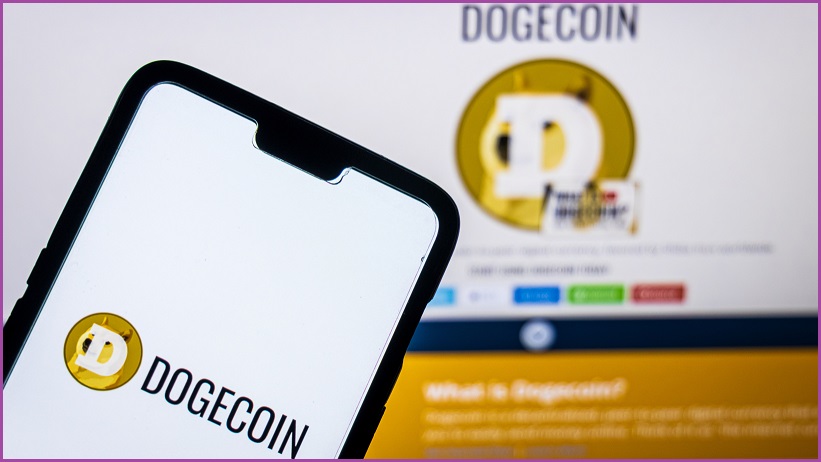It may have started off as a light-hearted jab at Bitcoin, but a one-week, 400 per cent surge in the value of Dogecoin cryptocurrency has serious investors scratching their heads – and wondering if there is anything that cashed-up speculators won’t pour money into.
Originally named after an Internet meme and designed as a sort of anti-cryptocurrency, Dogecoin’s authors – serious software engineers Billy Markus of IBM and Jackson Palmer of Adobe – designed a cryptocurrency that was easy to mine and had no constraints on the numbers of units that could be created.
Although unlimited supply is fundamentally a recipe for hyperinflation, Dogecoin’s easy accessibility – and cute mascot – gained it a niche following that ultimately saw its algorithm tweaked to maintain its value more effectively for the long term.
After years of relatively low, stable prices, a recent market run on Dogecoin – occasioned by a Reddit campaign and cryptic tweets by the likes of Elon Musk – saw its value explode to as high as $0.56 ($US0.43) within three days and pushed its market capitalisation past $65b ($US50b).
As investors cashed in on extremely health returns, others piled onto the cryptocurrency.
On 19 April, for example, some $35b ($US26.75b) worth of Dogecoin traded hands, giving the currency a market capitalisation of $66.4b ($US50.6b) – driving its value up by over 32 per cent in 24 hours and securing its place as the fifth most-valuable cryptocurrency.
The sudden surge in value of an esoteric commodity had many recalling the recent short-selling of video-game retailer GameStop, which famously exploded in value earlier this year after grassroots online enthusiasm triggered a run on the stock.
Yet Dogecoin could be a disaster for market dabblers: calling it a “pet populist bandwagon”, high-wealth financial advisor and deVere Group CEO and founder Nigel Green said, “we can expect many novice retail investors – who may not have the financial resilience needed – to get burned in the Dogecoin frenzy in the same way they did with the GameStop one.”
Aiming to highlight cryptocurrencies with more perceived stability, deVere Group has since added the gold-backed Pax Gold cryptocurrency (PAXG) to its Crypto exchange alongside what it called “major digital currencies” including Bitcoin, Ethereum, Dash, Cardano, Bitcoin Cash, XRP and – yes – Dogecoin.
PAXG’s value is pegged against physical gold stored in a London vault – offering an additional option, Green said, due to “ongoing and increasing client demand for digital assets” that “offer investors the liquidity, flexibility and security of a blockchain-based cryptocurrency, together with the reputation and credibility of a valuable physical commodity.”
Commodities aren’t physical anymore
In an online investor community that at times seems driven as much by whim as by cold, hard expert analysis, Dogecoin’s overnight success highlights the growing disconnect between conventional ideas about a item’s value, and the price it can attract online.
Recent growing trade in non-fungible tokens (NFTs) – digital artifacts that are certified as being unique using an unchangeable blockchain entry – has seen some digital artworks selling for mind-boggling prices.
Last month, Christie’s auction house sold a NFT for $90m (£50m) while music, pictures and even tweets are attracting multi million-dollar price tags.
Reports of a recent crash in the price of NFTs suggest the novelty value may be wearing off quickly – although supporters insist that eight-fold quarterly growth in the value of 38 NFTs, and a 1,785 per cent surge in combined market cap, suggests long-term growth isn’t quite over yet.










